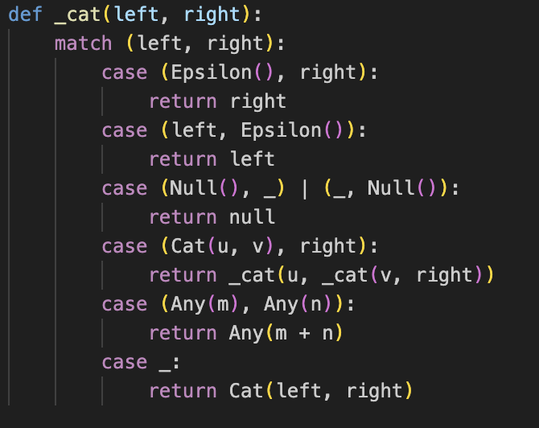Two different approaches to debugging a software problem:
The Sudoku approach: stare at the limited set of clues you have, and think harder and harder about them until you find a way to deduce something useful.
The Minesweeper approach: don't even try to figure out the solution from only the clues you have right now. Instead, focus on finding a way to acquire another clue, and then using that to get another, and so on. Eventually you've collected so many clues that the answer is obvious.
Sometimes the Sudoku approach is necessary, because you've got all the clues you're ever going to get. But I think my new motto is "Never Sudoku a problem when you can Minesweeper it."
